Common Mistakes New Rodent Owners Make
Embarking on the journey of rodent care is an exciting yet challenging endeavor for many first-time pet owners. These small creatures, ranging from hamsters and gerbils to rats and mice, offer companionship and joy but require specific care and attention to thrive. As with any new venture, novice rodent owners often face a series of common pitfalls that can affect the well-being of their furry friends. This article explores the frequent missteps fresh rodent owners make, offering insights and advice to help navigate the maze of rodent care successfully. Each section will delve into a unique aspect of rodent care, equipping you with the knowledge to avoid these common fumbles and ensure a healthy, happy life for your pet.
1. Choosing the Right Species
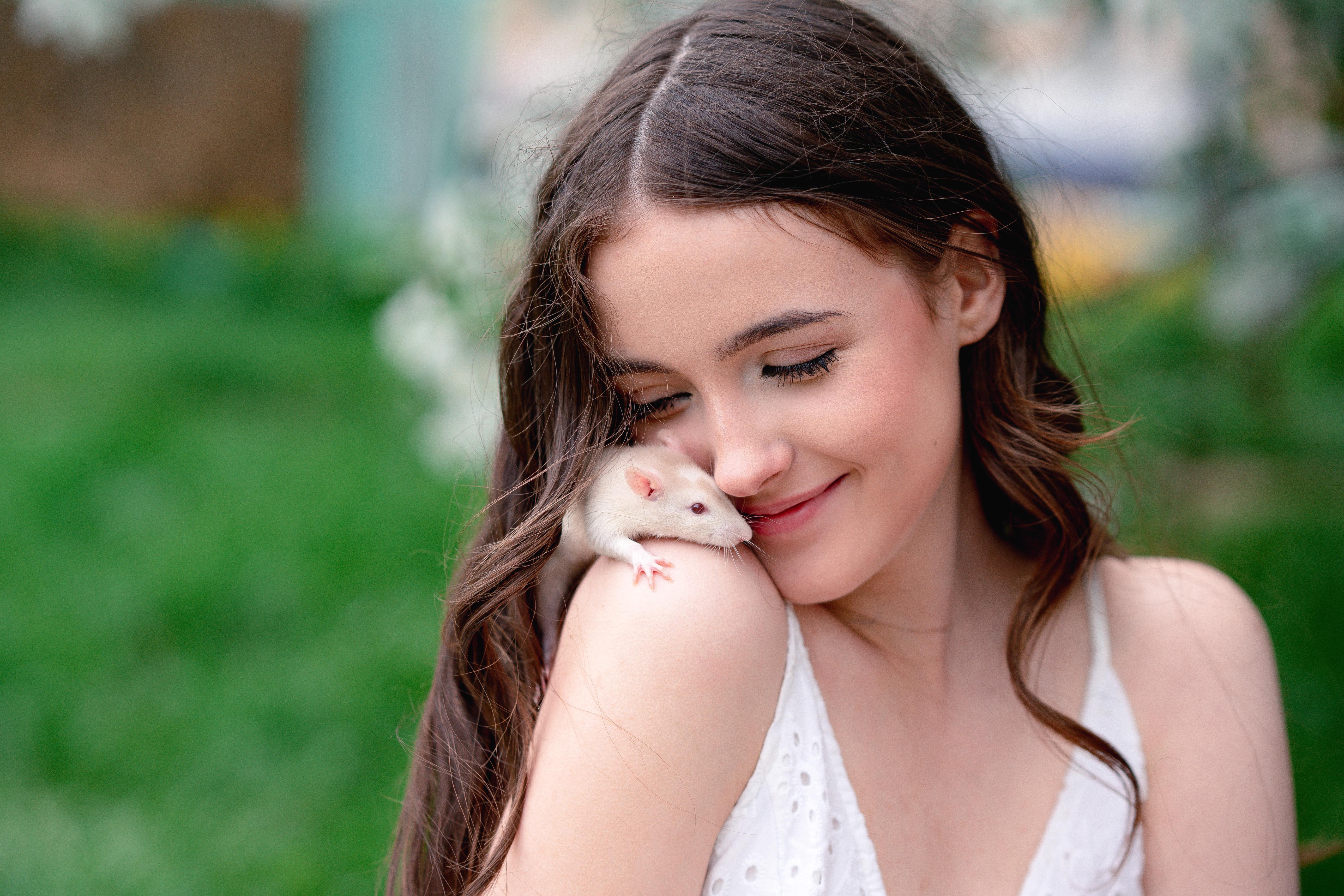
One of the first hurdles for new rodent owners is selecting the right species. Each type of rodent has unique needs, behaviours, and lifespans that must be considered. For instance, while hamsters are solitary and prefer their own space, rats are social creatures that thrive in pairs or groups. Understanding these differences is crucial in providing a suitable environment and companionship for your pet. Additionally, potential owners should contemplate the time commitment each species requires, as some rodents are more demanding than others. By thoroughly researching and matching the rodent's characteristics with your lifestyle, you can ensure a harmonious and fulfilling relationship with your new pet.
2. Inadequate Housing and Space
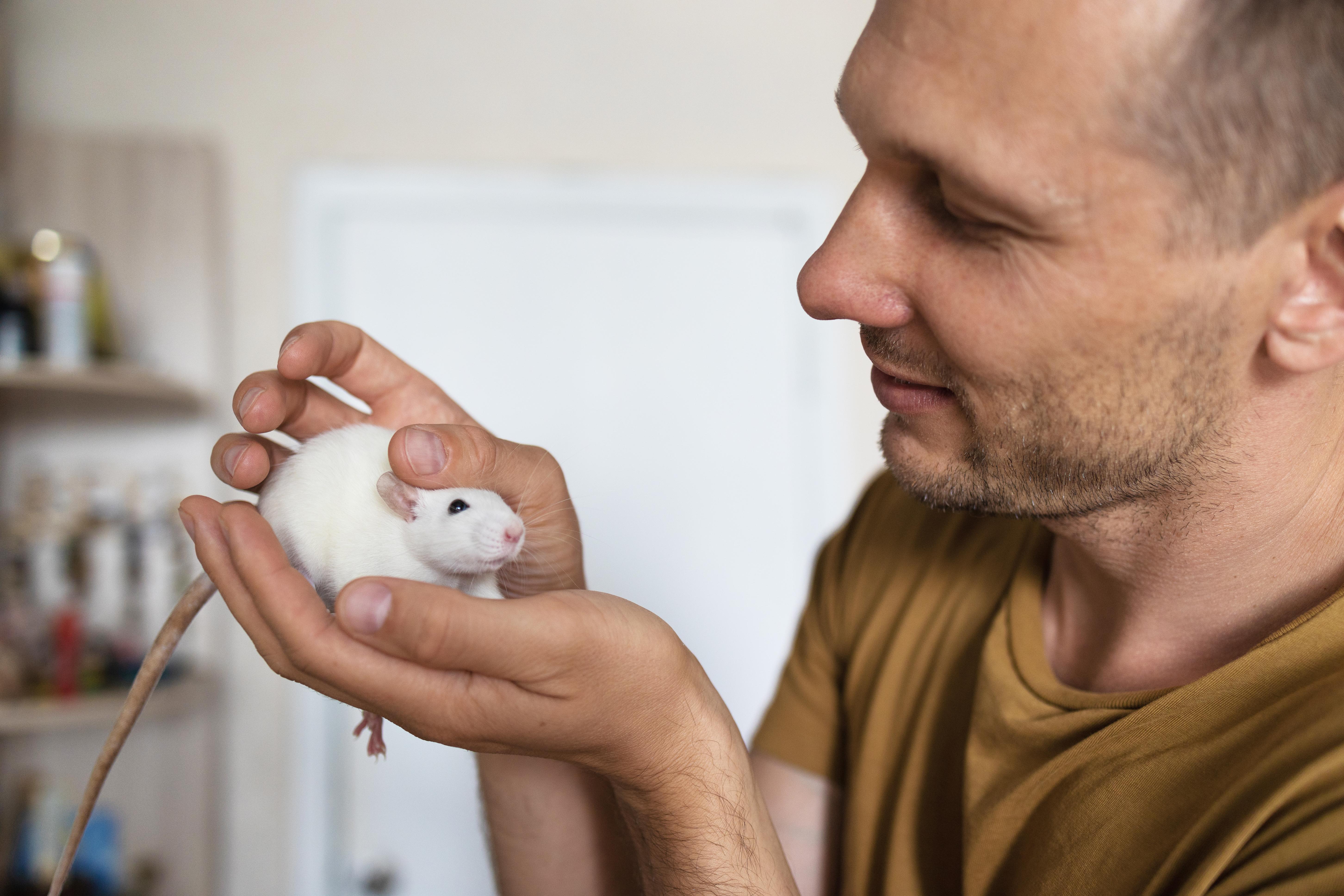
Another common misstep is providing inadequate housing and space for your rodent. Many first-time owners underestimate the amount of room these small animals need to explore and exercise. A cramped cage can lead to stress, boredom, and health issues. It's essential to choose a cage that allows your pet to move freely and includes various levels or tunnels to stimulate their natural behaviours. The cage should also be easy to clean and equipped with safe bedding, as some materials can be harmful if ingested. By investing in a spacious and well-designed habitat, you create a comfortable and enriching environment that supports your rodent's physical and mental well-being.
3. Neglecting Proper Nutrition
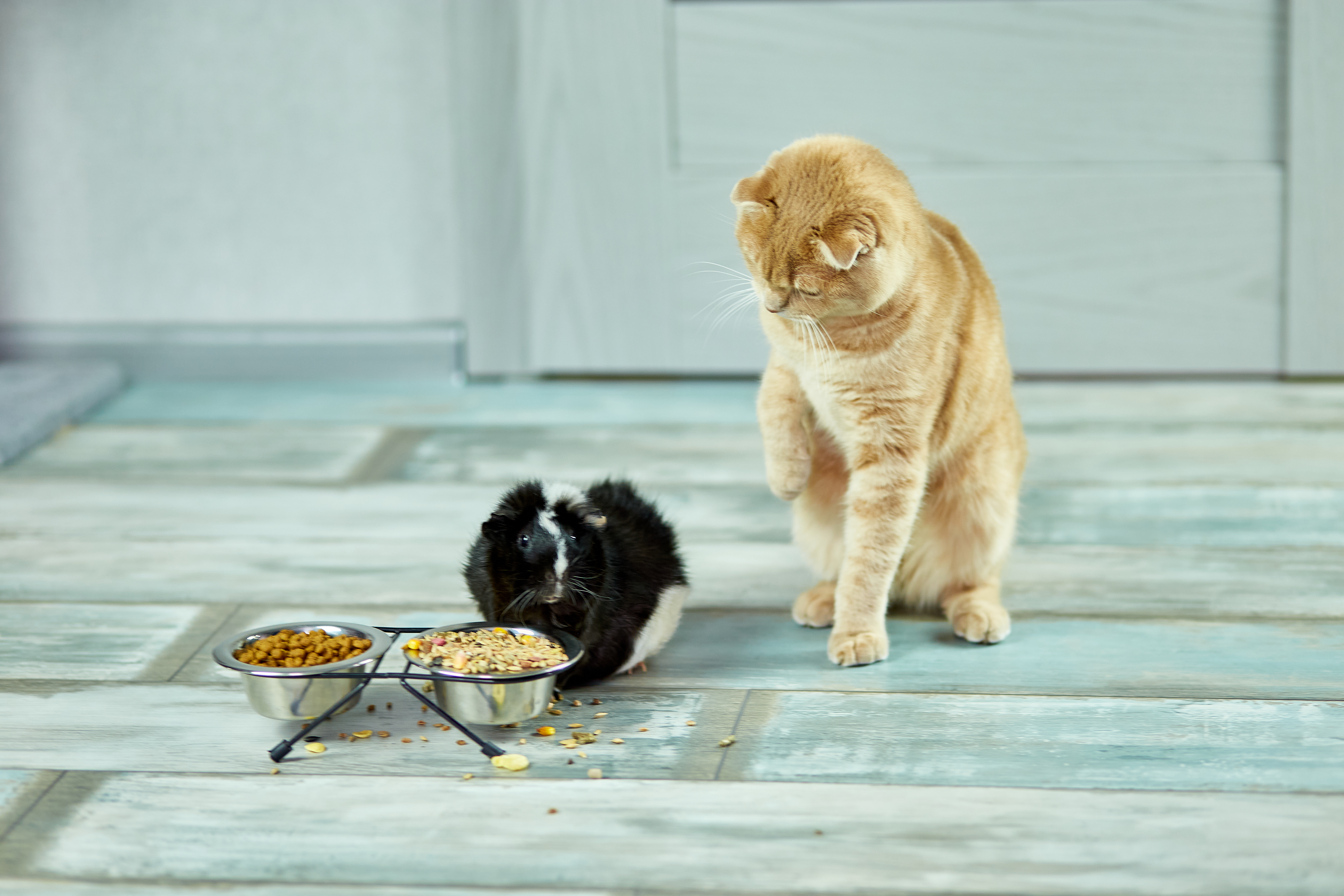
Proper nutrition is a cornerstone of rodent care, yet many new owners fall short in this area. Each rodent species has specific dietary requirements that must be met to maintain optimal health. A balanced diet typically includes a mix of commercial pellets, fresh fruits, vegetables, and occasional treats. It's crucial to research the dietary needs of your specific pet and avoid overfeeding, which can lead to obesity and related health problems. Fresh water should always be available, and food should be stored properly to prevent spoilage. By prioritising nutrition, you can enhance your rodent's quality of life and prevent common health issues associated with a poor diet.
4. Overlooking Social Needs
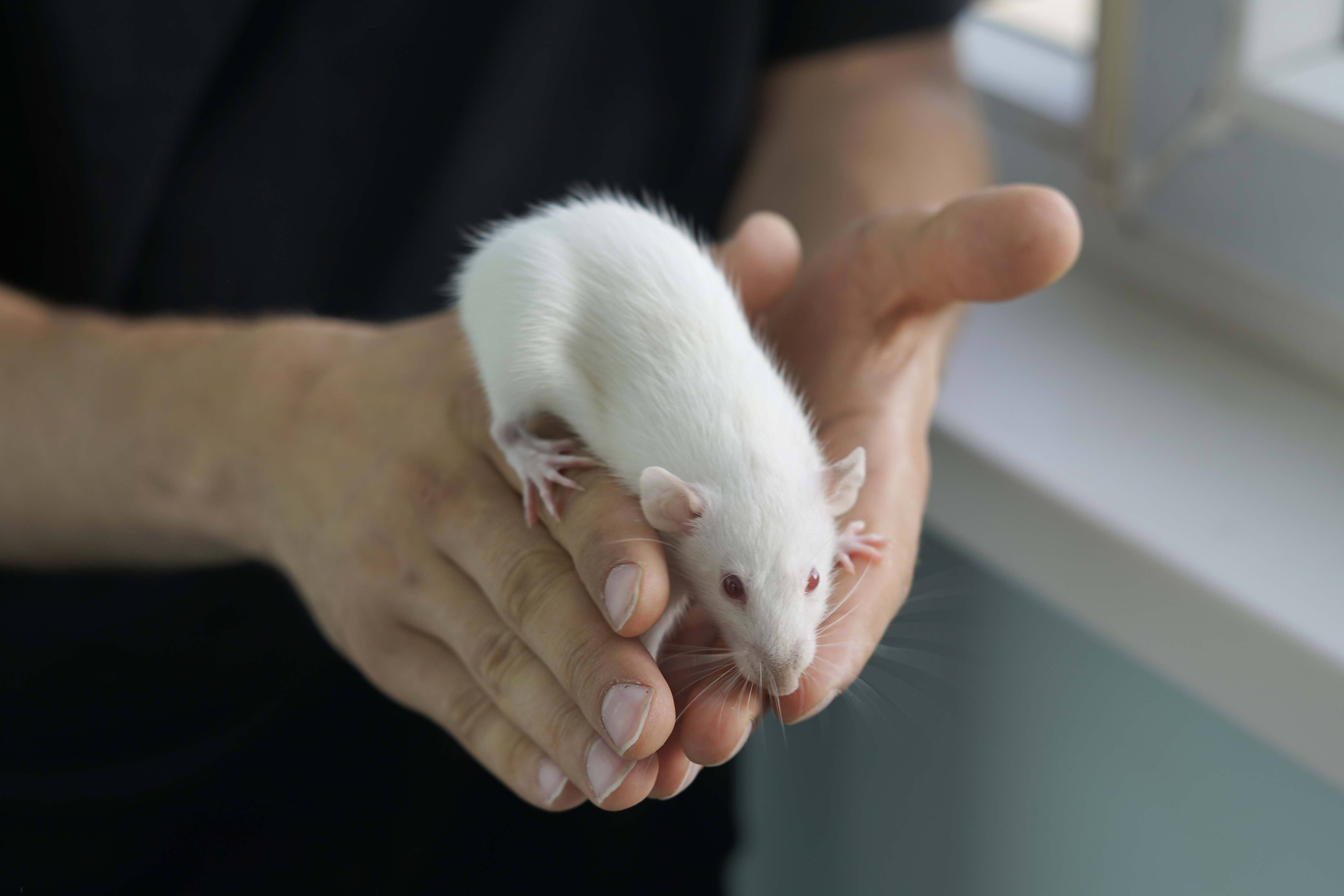
Rodents are social animals, and neglecting their social needs can lead to loneliness and stress. While some species, like Syrian hamsters, prefer solitude, others, such as rats and guinea pigs, thrive in social groups. It's important to understand the social dynamics of your chosen species and provide appropriate companionship. If keeping multiple rodents, ensure they are compatible to prevent aggression. Additionally, regular interaction with humans is vital, as it helps build trust and strengthens the bond between pet and owner. By acknowledging and fulfilling your rodent's social needs, you contribute to their emotional health and overall happiness.
5. Ignoring Health and Veterinary Care
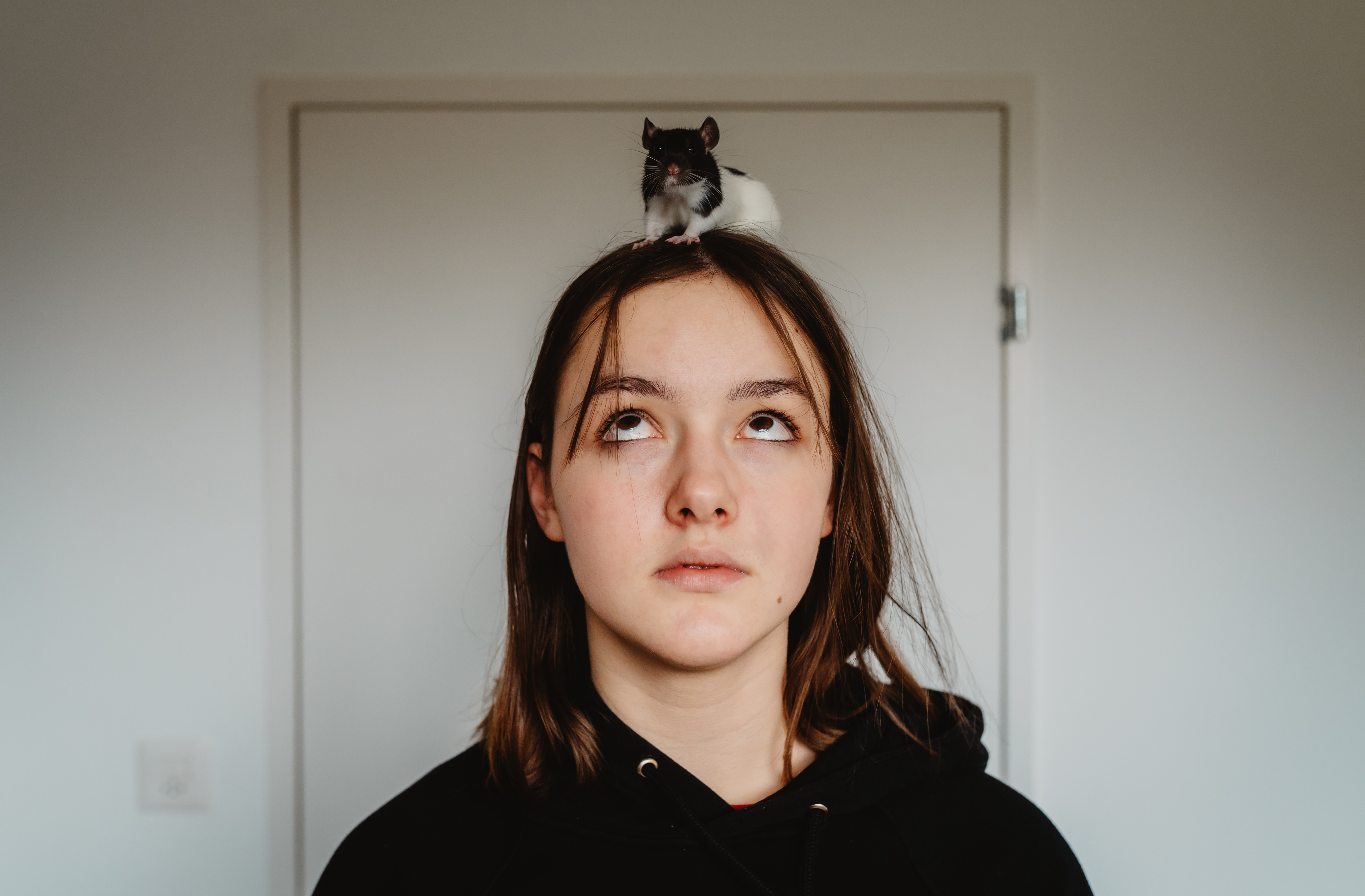
New rodent owners often overlook the importance of regular health checks and veterinary care. Rodents, like all pets, are susceptible to illness and injury, and early detection is key to effective treatment. Establishing a relationship with a veterinarian experienced in rodent care is essential for routine check-ups and vaccinations, if applicable. Owners should also be vigilant for signs of illness, such as changes in behaviour, appetite, or appearance, and seek prompt veterinary attention when necessary. By prioritising health care, you can prevent minor issues from escalating and ensure your pet leads a long, healthy life.
6. Inadequate Enrichment and Stimulation
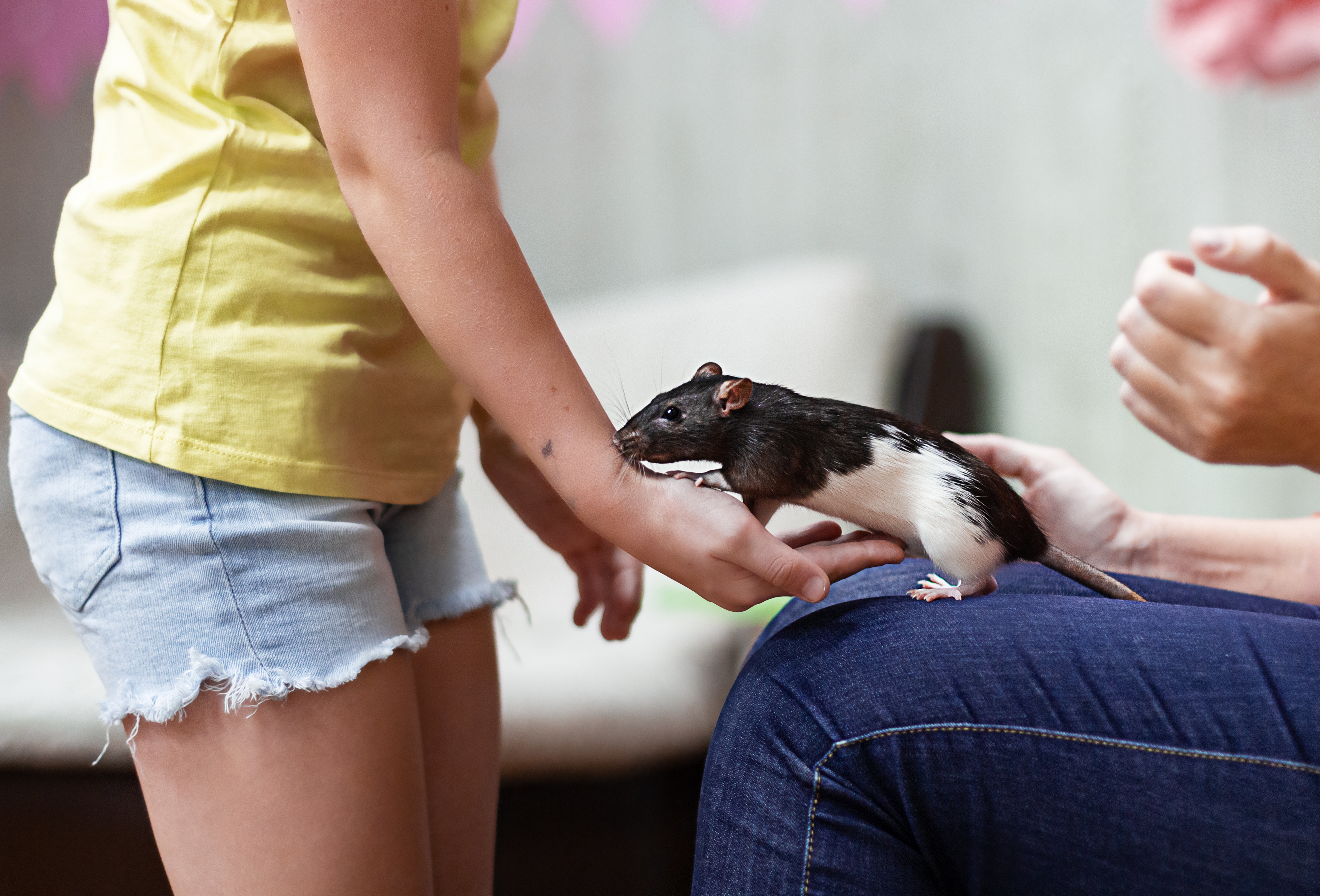
Providing adequate enrichment and mental stimulation is crucial for preventing boredom and promoting natural behaviours in rodents. Many first-time owners fail to recognise the importance of toys, exercise wheels, and activities that challenge their pet's mind and body. Enrichment can include chew toys, tunnels, climbing structures, and foraging opportunities. Regularly rotating toys and introducing new activities can keep your rodent engaged and prevent destructive behaviours. By investing in enrichment, you support your pet's cognitive development and enhance their overall quality of life, making for a more fulfilling pet ownership experience.
7. Misunderstanding Rodent Behaviour
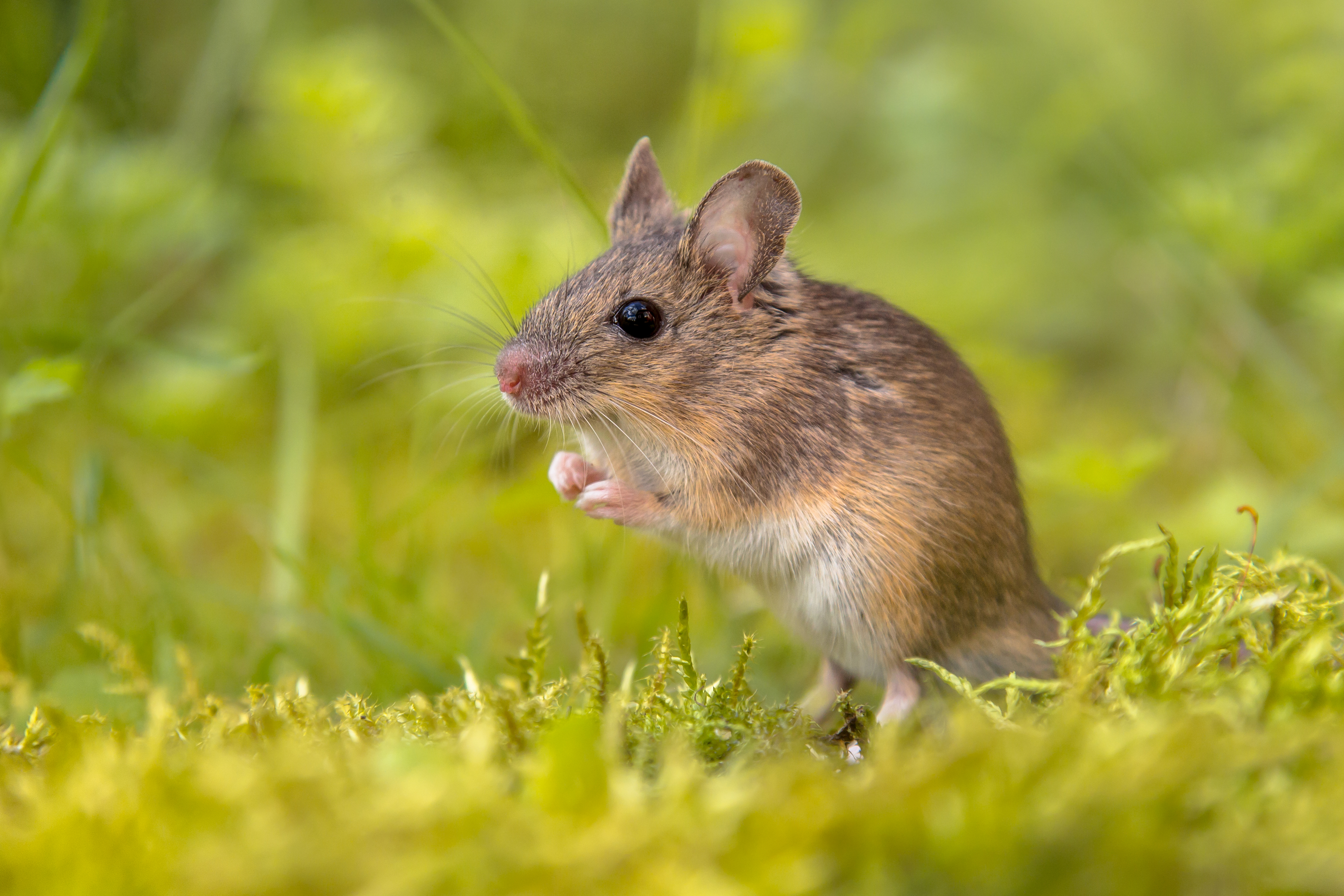
Misinterpreting rodent behaviour is a common mistake that can lead to unnecessary stress for both the pet and the owner. Each species has its own set of behaviours that may seem unusual or concerning to the untrained eye. For example, nocturnal rodents like hamsters may be more active at night, which can be mistaken for hyperactivity. Understanding normal behaviours, such as grooming, burrowing, and social interactions, allows owners to distinguish between typical actions and signs of distress. Educating yourself about your rodent's behaviour helps build a stronger bond and enables you to respond appropriately to their needs.
8. Poor Handling Techniques

Handling a rodent requires patience and skill, yet many new owners inadvertently use poor techniques that can frighten or harm their pet. It's vital to approach handling with care, allowing your rodent to become accustomed to your presence and touch gradually. Sudden movements or rough handling can lead to stress and potential injury. Learning the proper way to pick up and hold your rodent, tailored to their species, ensures a safe and positive experience for both parties. By mastering handling techniques, you can foster trust and create a more rewarding interaction with your furry companion.
9. Underestimating the Time Commitment
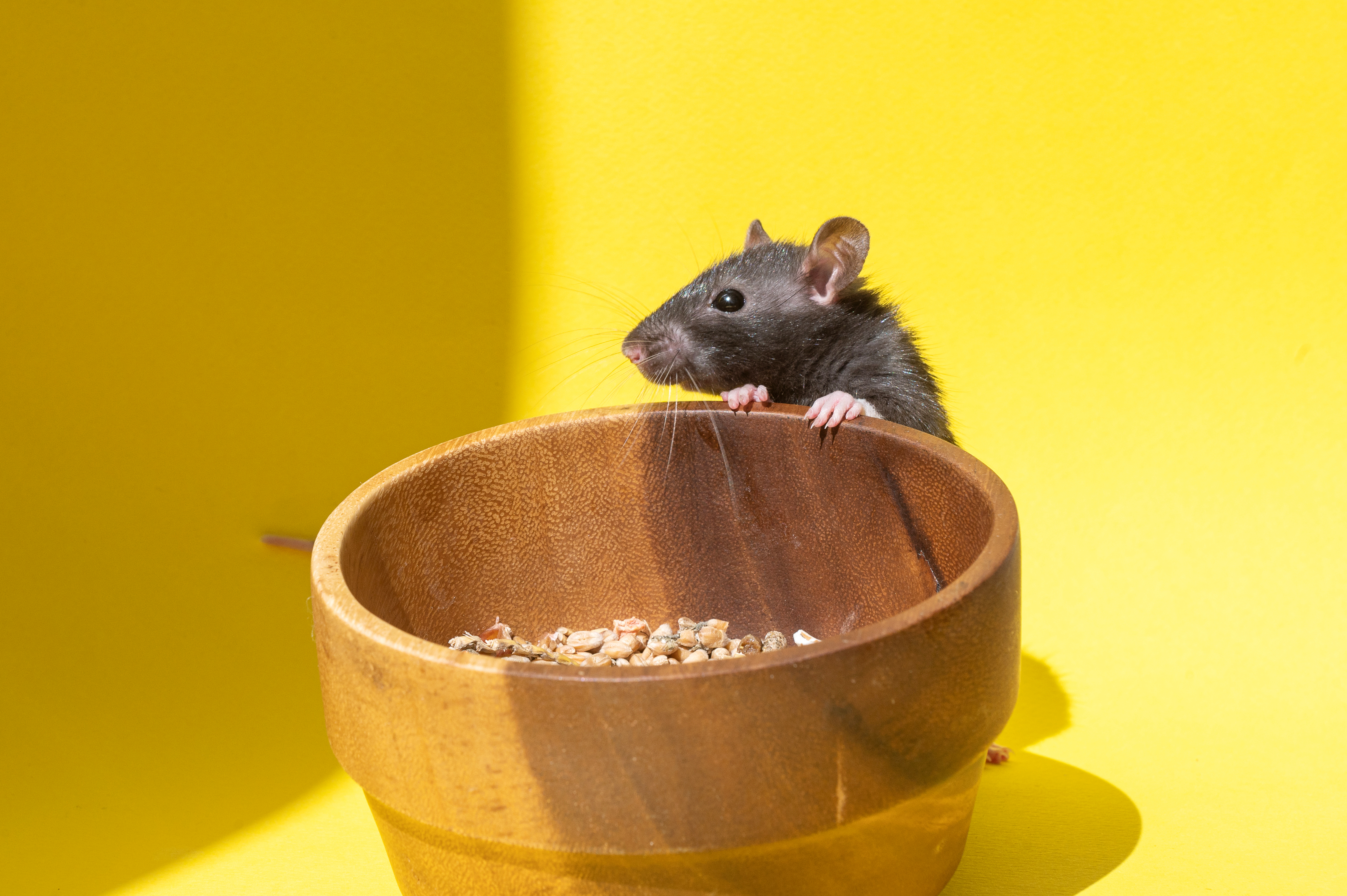
Finally, underestimating the time commitment involved in rodent care is a frequent oversight. While small in size, rodents require daily attention, including feeding, cleaning, and social interaction. Neglecting these responsibilities can lead to health issues and behavioural problems. It's crucial to allocate time each day to care for your pet and monitor their well-being. Additionally, consider the long-term commitment, as some rodents can live several years. By acknowledging the time and effort required, you can better prepare for the responsibilities of rodent ownership and provide a stable, loving environment for your pet.
Navigating the Path to Successful Rodent Care
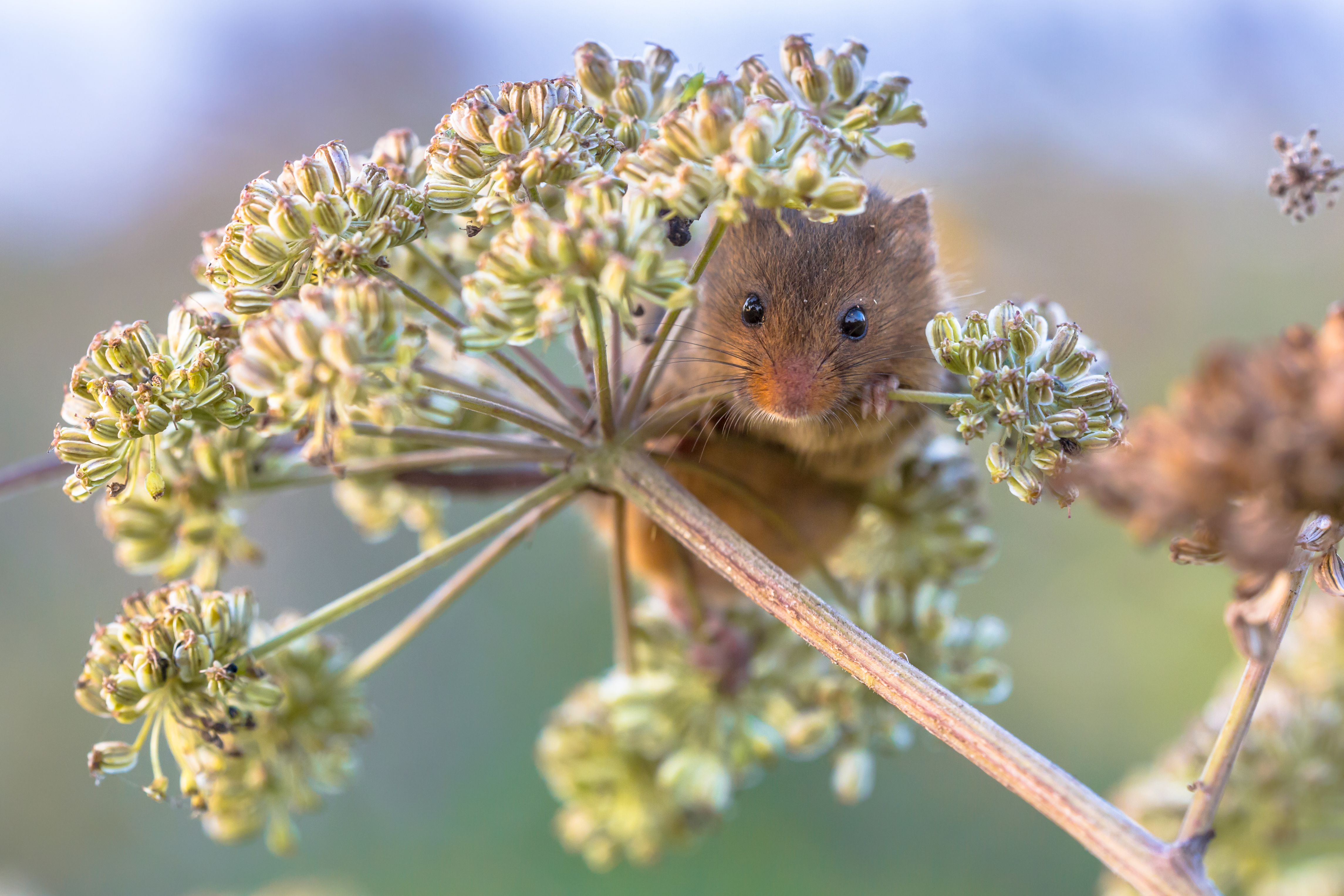
Navigating the world of rodent care as a first-time owner can be daunting, but with the right knowledge and preparation, you can avoid common pitfalls and create a nurturing environment for your pet. By understanding the unique needs of your chosen species, providing adequate housing and nutrition, and prioritising social interaction and health care, you lay the foundation for a fulfilling and rewarding relationship with your rodent. Embrace the journey with patience and dedication, and you'll find that the companionship and joy these small creatures bring are well worth the effort.







